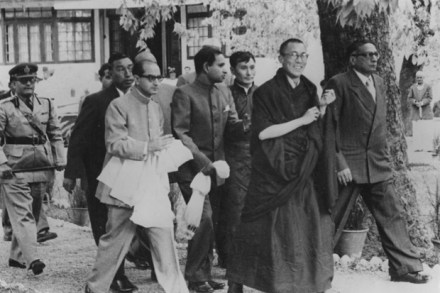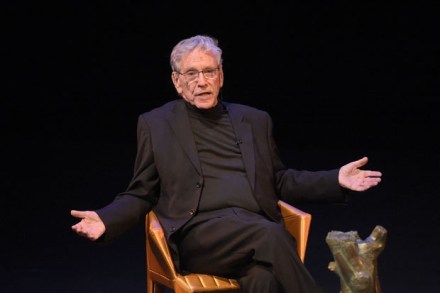Untold tales of Tibet
More from BooksOn the night of 17 March 1959, the 14th Dalai Lama, aged 23, slipped out of the Norbulinka, his summer residence in Lhasa, and began his flight to India, where he arrived on 31 March, after crossing some of Tibet’s most rugged terrain. He was so heavily disguised that the faithful crowds who had gathered






























